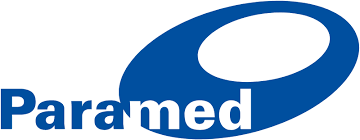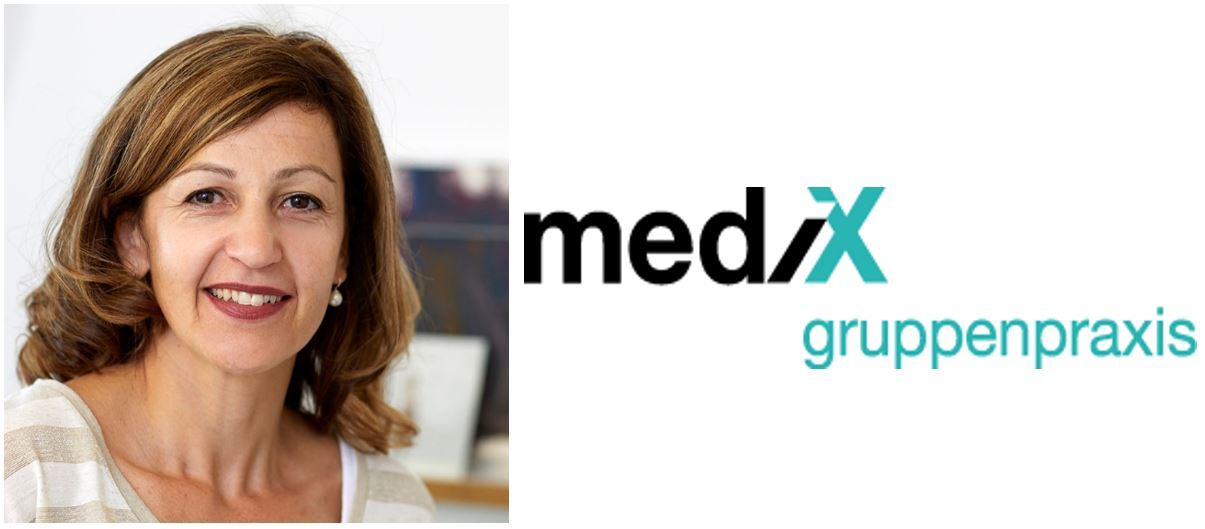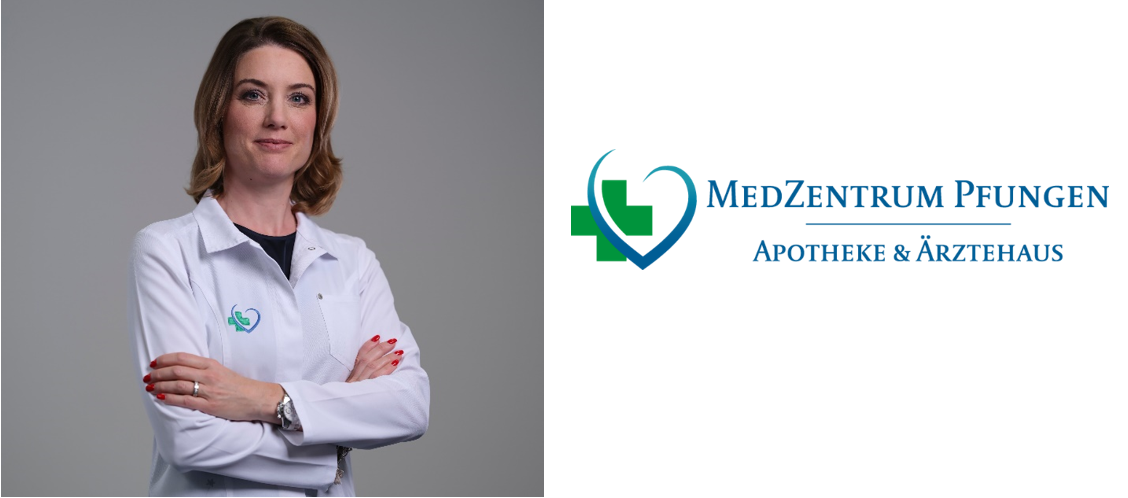
Having your own medical practice is a lucrative and at the same time an attractive professional goal for many physicians as well as therapists in a wide variety of specialties. Approximately 22,000 licensed medical professionals at more than 14,000 Swiss health care facilities confirm that many physicians and therapists are ready to take this step. A higher degree of self-determination, self-realization and independence make self-employment so tempting for physicians.

Not so long ago, doctor’s performance spoke for itself and professional marketing played a rather secondary role. However, the needs, expectations and behaviour of patients in general are subject to a constant change. If you do not work strategically on communication with your patients, you will lose out in the medium and long term perspective. Especially medical practices that do not have their own know-how in this area face an additional challenge when it comes to practice marketing.

The image of the pharmacy is rather conservative, would you agree? A place where medicines are dispensed on presentation of a doctor's prescription, where medicines are offered and occasionally available for milder diagnoses. Here, the pharmacist sits in the back room when he has no customers and devotes himself to his concoctions. This is how pharmacies were and are often perceived, but in fact they are already among the pioneers in healthcare when it comes to digitalization.

The FDPIC (Federal Data Protection and Information Commissioner) recently published a report: "Hacker attacks on medical practices in Romandy". According to several media reports, the data was published by the attackers on the dark web - a damage difficult to quantify. The protection of sensitive medical data is a central topic that medical practices have to deal with - especially in view of the above-mentioned incident.

According to NET-Metrix, more than 6.3 million people over the age of 14 in Switzerland use the Internet, with 96 percent of all households already having access to the Internet in 2019. The high access density is also accompanied by a growing willingness to use and, indirectly, increased digital skills among the population. Many Swiss people have thus long been ready to use digital services, but in some areas, such as healthcare, they are only being pushed forward hesitantly.

Satisfaction and complete trust in you and your team, despite the tense health situation in which patients usually find themselves, is the ultimate goal for your medical practice. The key word is patient loyalty and here we would like to explore this topic and go into detail about the influencing factors and how they can be promoted and developed.

Die digitale Arztpraxis ist ein Ansatz, der mittels Prozessoptimierung und Automatisierungen den administrativen Aufwand minimieren soll. Bei welchen Arbeitsabläufen hier besonders oft ungenutztes Potenzial liegt und wie Sie dieses durch digitale Lösungen erschließen können, darüber geben wir im Folgenden einen Überblick.

Integrating new digital tools into everyday work in healthcare is challenging. Medicosearch has collected and analyzed various use cases from practical experience to develop a highly configurable online tool that can be integrated into most administrative processes in healthcare.

Dr. Beat Imholz was the first to offer his patients Medicosearch online appointment service and today he tells about the cooperation with us.

In this article, we present current industry and technology trends in healthcare. Is digital health a hype or a megatrend? Why do medical providers need digital solutions such as online appointments or video consultations?

Melanie Rodrigues, Outpatient & Quality Assurance Coordinator at Paramed and Medicosearch partner for 1.5 years, speaks about Medicosearch:

Valeria Maissen, co-director of mediX group practice and Medicosearch partner for 2.5 years, speaks of the cooperation:

Sandra Köppel, co-owner of MedZentrum Pfungen, Medicosearch partner for 1.5 years, says...

Simon Deussen from Physio Vision Zurich, Medicosearch partner for 1 year, says ...

The first part of our article was about how the COVID-19 pandemic has accelerated the digitalization of the healthcare system and how digital solutions are more in demand than ever. One of these digital solutions is video telephony consultations. In the second part, we will now dwell on COVID tests and how the test process can be prompted and simplified due to digital solutions.

The first part of our blog post deals with the issue of whether and how the COVID-19 pandemic has influenced the digitalization of the healthcare system in Switzerland. We explore the topic of video consultations which received a particular boost from the COVID-19 pandemic.


